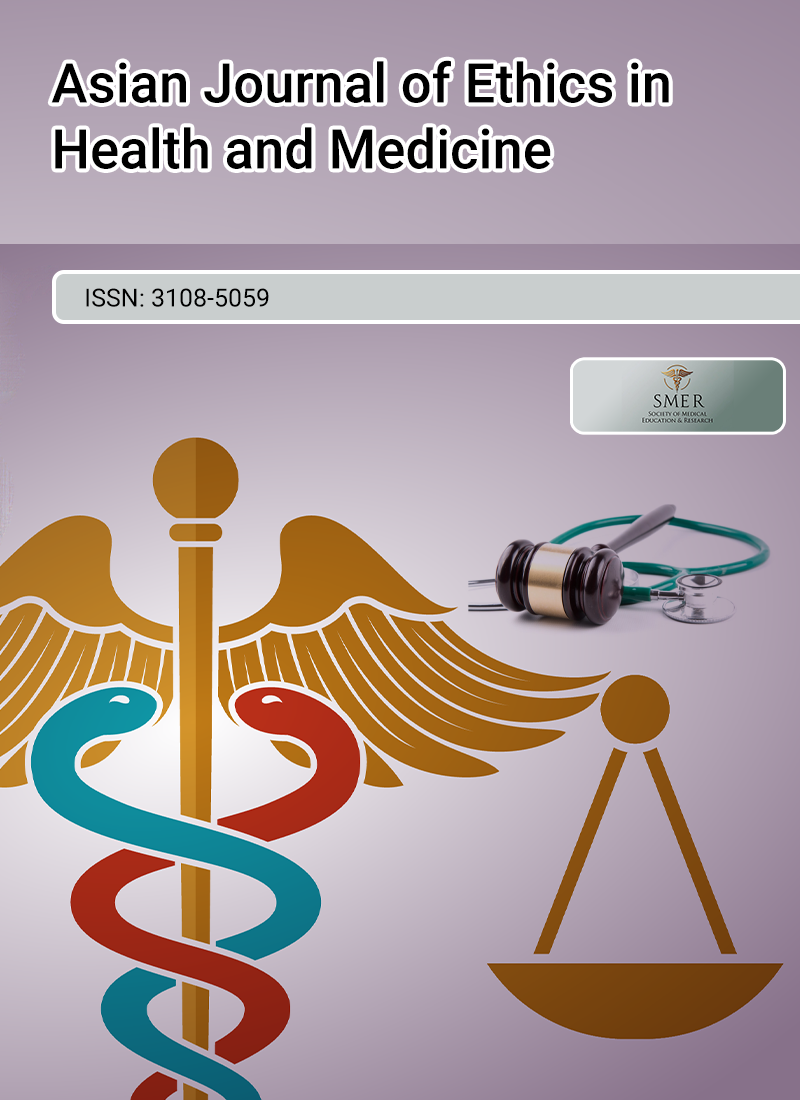
In the Canadian Alliance for Healthy Hearts and Minds (CAHHM) cohort, participants received magnetic resonance imaging (MRI) scans of the brain, heart, and abdomen, which produced incidental findings (IFs). Managing these unexpected results is a complex challenge. This study aimed to describe the CAHHM policy for IF management, assess the impact of disclosing IFs to healthy participants, and consider the ethical responsibilities of researchers in future MRI studies. From 2013 to 2019, 8,252 individuals (mean age 58 ± 9 years; 54% women) were recruited. A follow-up survey was completed by 909 participants (40% response rate) one year later. The CAHHM policy used a restricted strategy, meaning IFs were not routinely shared. Only severe structural abnormalities were reported. Severe abnormalities were identified in 8.3% (95% CI: 7.7–8.9%) of participants, with the highest rates in the brain (4.2%) and abdomen (3.1%). Of those informed, 97% reported no change in quality of life, while 3% noted a negative impact. Half of the participants experienced increased stress after learning about an IF, but in 95% of cases, IF disclosure did not affect life insurance. Most participants (90%) stated they would participate again and considered MRI scans beneficial, regardless of whether IFs were disclosed. Although the restricted policy was generally well-received, some participants showed signs of diagnostic misconception, highlighting the need for a clearer consent process to support autonomy. Handling IFs in research MRI remains a difficult issue, as disclosure can lead to stress and reduced quality of life for some participants. The restricted approach in CAHHM provided a reasonable balance between ethical principles of autonomy, wellbeing, and justice. This policy may offer a useful model for future research. Clinical trial registration: https://clinicaltrials.gov/ct2/show/NCT02220582.